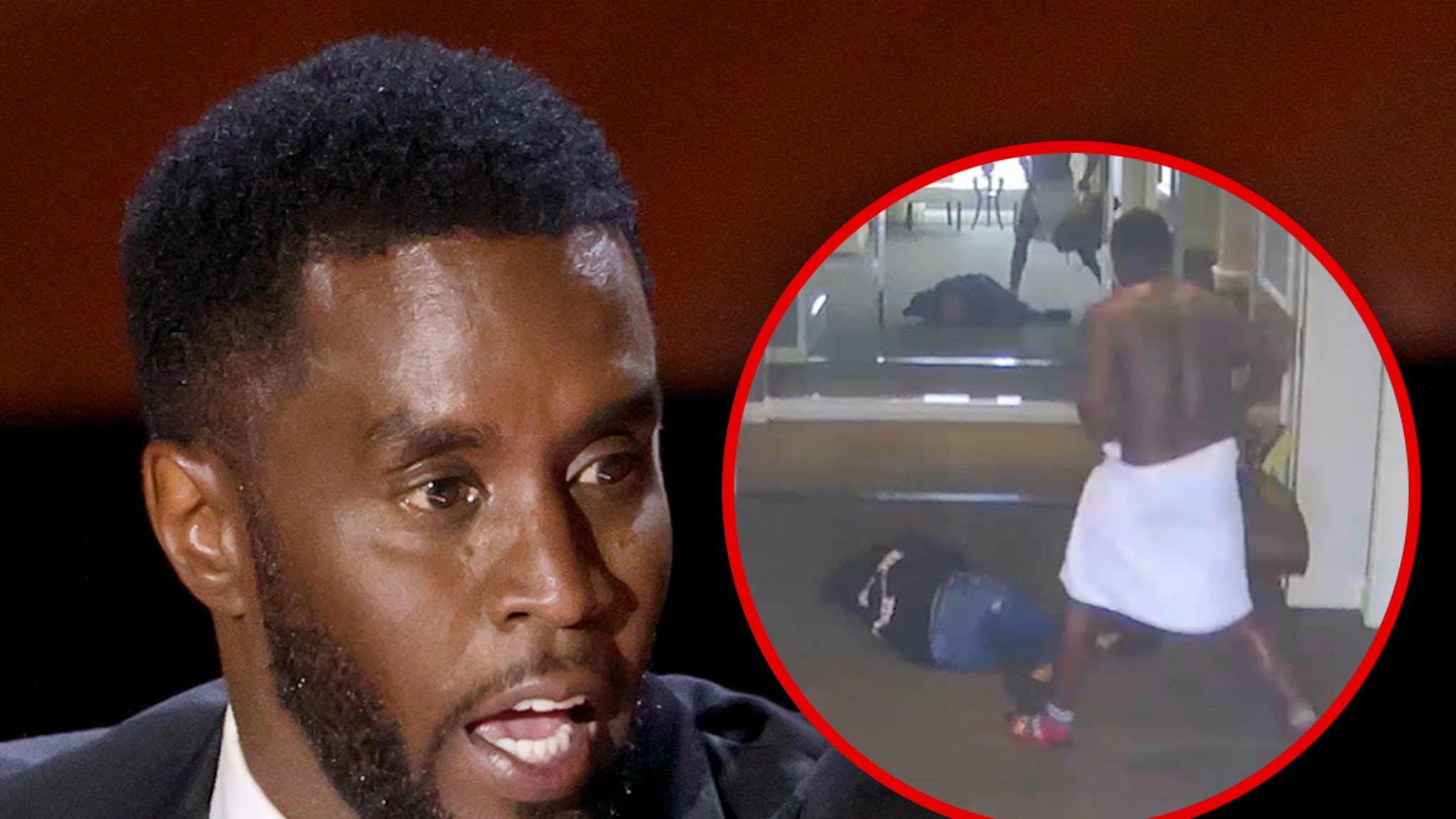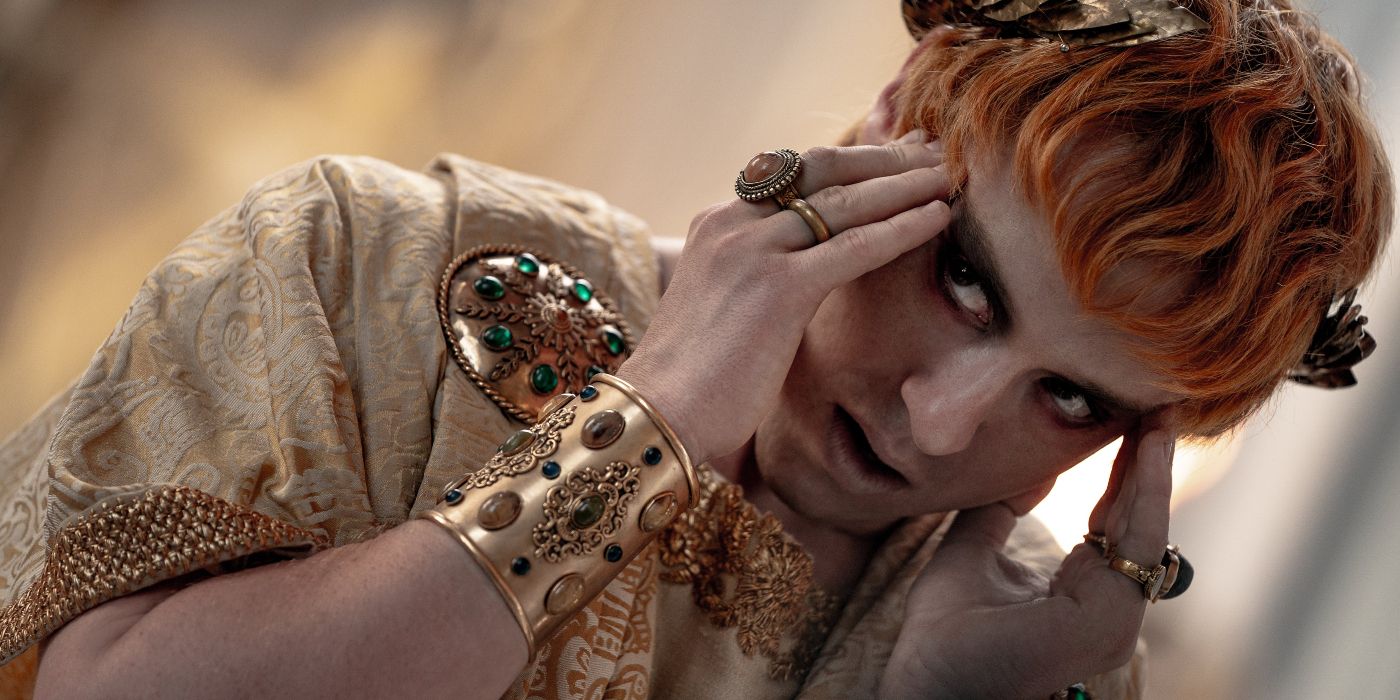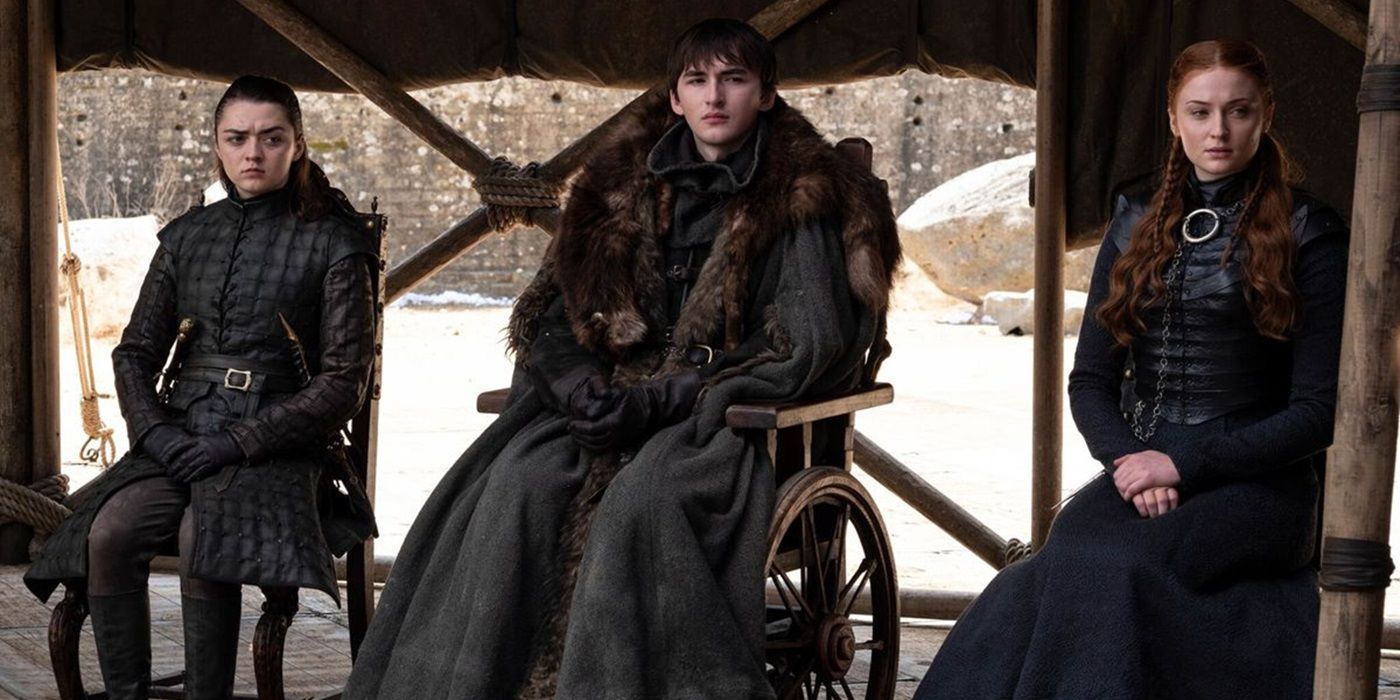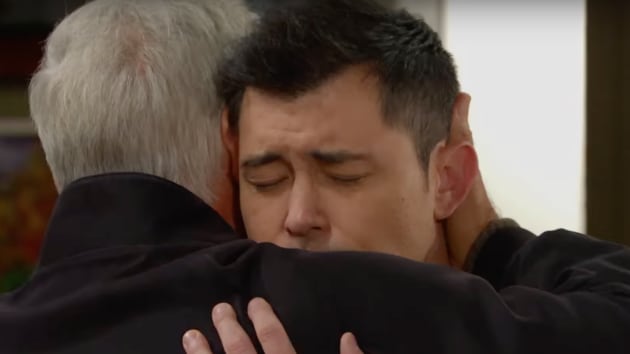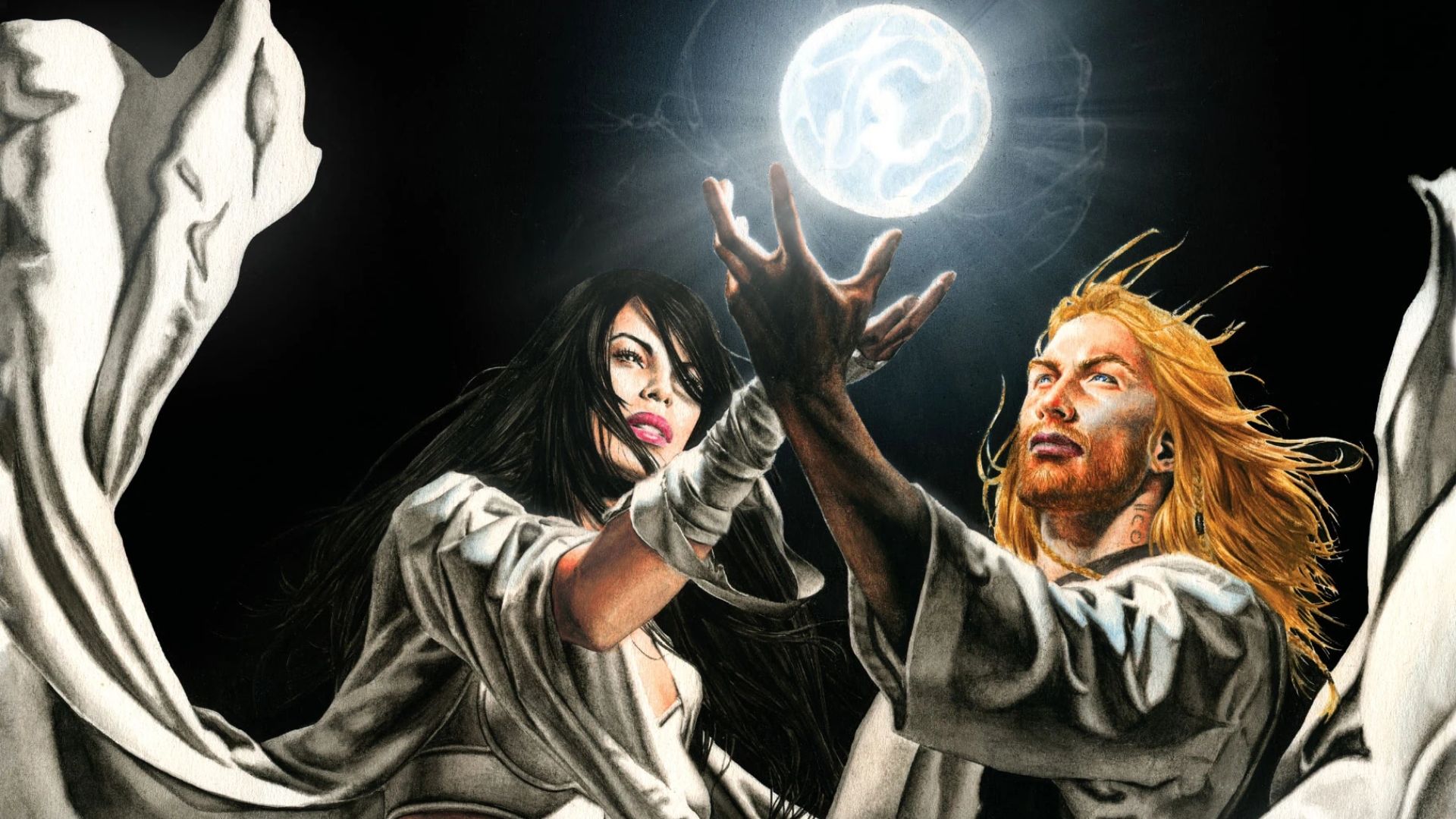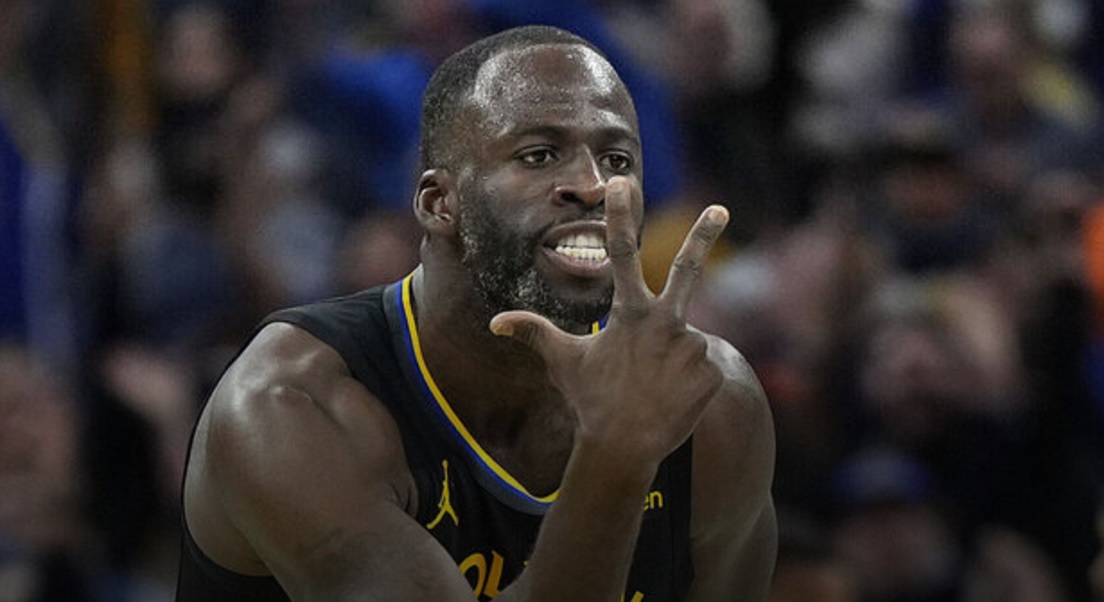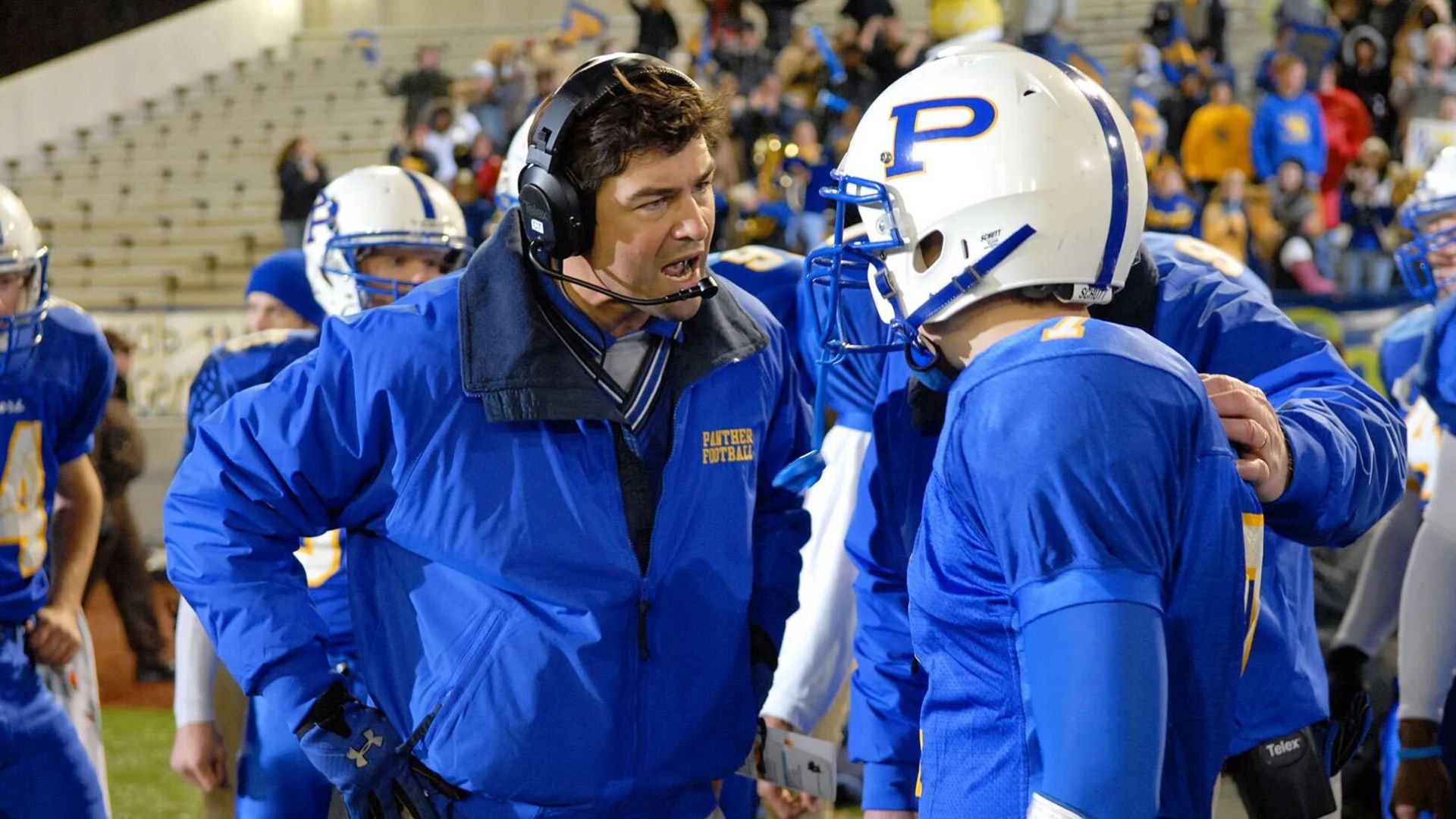Summary
- Game of Thrones creators respond to the divisive ending and hoped that everyone would love it, but acknowledge not everyone did.
- Even positive feedback can make the creators feel uncomfortable and stressed, and they found relief by avoiding online opinions.
- In-person feedback has been civil, but there is a noticeable shift to aggression when interactions happen online.
The creators behind Game of Thrones, David Benioff and D.B. Weiss, have at last responded to the reaction garnered by the show’s deeply divisive ending. Speaking with The Hollywood Reporter, Benioff addressed the impassioned response to the series as a while and in particular the controversial way that things were wrapped up. See what they had to say below…
“You always hope everyone’s going to love anything you do and it would’ve been great if 100 percent of people loved it, but they didn’t. You can get so bogged down in public opinion that you spend your whole life googling things and trying to find people who felt one way or the other way.”
Clearly, both Benioff and Weiss are aware of the divided response to the final season, and the finale, with Benioff, of course, wishing that it had left everyone happy. Weiss continued, saying that even receiving positive feedback can cause an uncomfortable feeling.
“Even super positive feedback makes you feel weird and teeth-grindy and on edge. There’s a drug quality to the feedback, and as soon as we went cold turkey — the last time I googled myself was in 2013 — the ambient stress level in our lives dropped by about 50 percent overnight.”
While hearing good things about what you’ve created may cause Weiss some discomfort, it’s surely worse to see and hear bad things, which they no doubt would have when it comes to final season of Game of Thrones. Thankfully, however, Weiss goes on to reveal that any feedback they’ve received in person has always been civil. Which is not something that often happens online…
“There’s an underlying decency when people acknowledge you as a person and vice versa. There’s something that happens in the transition from human interaction to online that pushes things in a specifically aggro direction.”
RELATED: Game of Thrones Season 8 Fails That Made the Ending ‘That’ Bad
What Made the Final Season of Game of Thrones So Divisive?
Running for eight seasons, Game of Thrones remains one of the most popular television shows of all time. While the first six (arguably seven) seasons were met with widespread acclaim, things took a serious diversion in the final season, which saw both critics and audiences turn on the fantasy series we had all once loved.
Much of the vitriol was eventually aimed at the last few episodes, which saw the Night King defeated by Arya, Daenerys turning mad and being killed by Jon Snow, and Jaime Lannister seemingly undoing his entire arc by running back to his sister and lover, Cersei. This all culminates in a finale which sees the leaders of Westeros choose Bran Stark as King, while Jon Snow is led the Wildlings north of the Wall.
Ultimately, many (if not all) of these events came as a crushing disappointment to many, with a petition being launched and calling for HBO to “Remake Game of Thrones Season 8 with competent writers.”
Some even theorized that Benioff and Weiss had rushed to end the show in order to head off to Hollywood and pursue other projects, or at least attempt to make more money elsewhere. However, a decision made by the pair seemingly disproves this idea, as both Benioff and Weiss turned down receiving cheques for any future Game of Thrones spinoffs. Something which they were contractually entitled to as the show’s creators. As Benioff explains…
“HBO was kind of confused. I remember their lawyer saying, ‘But it’s just money, we’re just going to pay you.’ ”
Weiss adds that, to them, there is no such thing as “free money.”
“I don’t think there is such a thing as free money. For us, if our name is on it, especially that, while being completely detached and uninvolved, it felt like the strain that would come with that hands-off approach — with its success or failure or anything in between — was not worth it.”
Game of Thrones has now sparked a franchise, with the spinoff House of the Dragon due to return for a second season later this year.
You can view the original article HERE.

